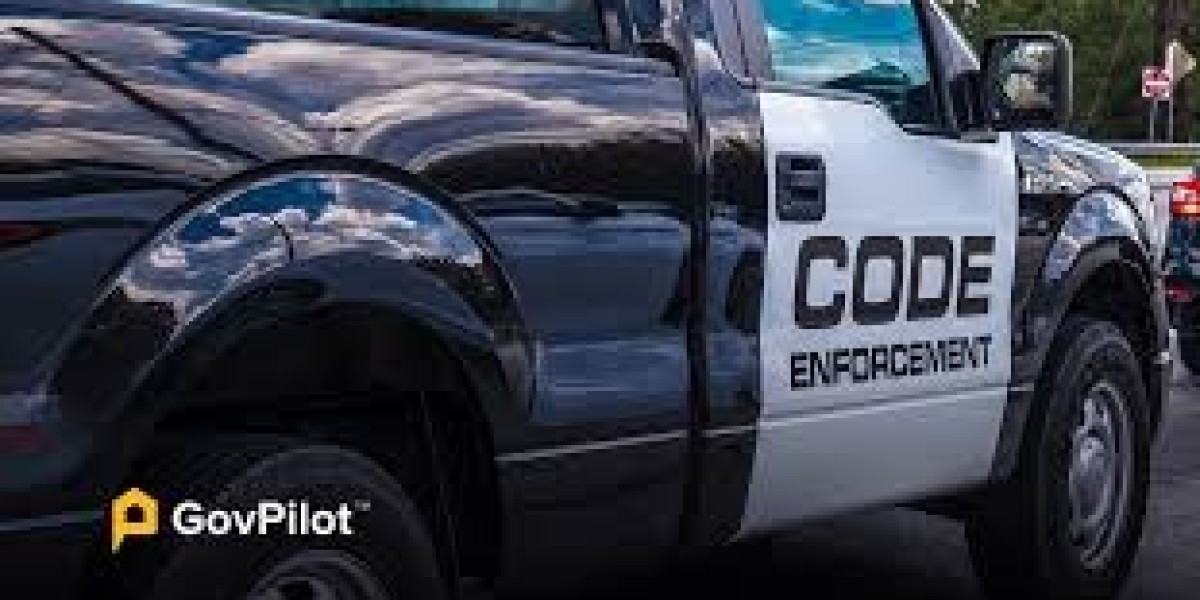Code enforcement is an integral component of local government responsible for ensuring that buildings and properties comply with established regulations and codes. While it may seem mundane, the work of code enforcement officers plays a crucial role in safeguarding public safety, protecting property values, and maintaining the overall quality of life in communities. In this article, we will explore the significance of code enforcement, its key responsibilities, challenges, and its positive impact on society.
The Role of Code Enforcement
Ensuring Safety: One of the primary objectives of code enforcement is to ensure the safety of buildings and structures. Building codes are designed to mitigate risks and prevent disasters such as fires, structural collapses, or electrical hazards. Code enforcement officers inspect new construction projects and existing buildings to ensure they adhere to safety standards.
Property Maintenance: Code enforcement officers also play a role in maintaining the aesthetic and structural integrity of communities. They monitor properties for violations such as overgrown vegetation, abandoned vehicles, and deteriorating structures that can negatively impact property values and neighborhood aesthetics.
Zoning Compliance: Code enforcement ensures that land use and zoning regulations are followed. This helps maintain the character of neighborhoods, prevents incompatible land uses, and promotes orderly development.
Environmental Protection: In some jurisdictions, code enforcement officers are responsible for enforcing environmental regulations related to issues like waste disposal, noise pollution, and air quality.
Key Responsibilities of Code Enforcement Officers
Code enforcement officers have a diverse set of responsibilities that include:
Conducting inspections of properties to identify code violations.
Communicating with property owners and providing guidance on how to remedy violations.
Issuing warnings and citations for non-compliance.
Collaborating with other agencies, such as the fire department or health department, when necessary.
Attending court hearings as witnesses in cases where legal action is required.
Keeping records of inspections, violations, and enforcement actions.
Challenges Faced by Code Enforcement
Code enforcement is not without its challenges:
Resource Constraints: Many code enforcement departments operate with limited budgets and staff, making it challenging to address all violations promptly.
Resistance from Property Owners: Some property owners may resist enforcement efforts, leading to prolonged legal battles.
Changing Regulations: Code enforcement officers must stay up-to-date with evolving building codes and regulations, which can be a daunting task.
Balancing Enforcement and Education: Striking the right balance between enforcing the rules and educating property owners can be challenging.
The Positive Impact of Code Enforcement
Safety: By ensuring compliance with safety codes, code enforcement helps prevent accidents and disasters that can result in injuries or loss of life.
Property Values: Well-enforced codes can protect property values by preventing neighborhood blight and maintaining aesthetic standards.
Community Cohesion: Code enforcement promotes community cohesion by ensuring that residents share a common understanding of the rules governing their neighborhood.
Economic Development: Consistent enforcement can attract businesses and investment to a community, contributing to economic growth.
Conclusion
Code enforcement is often an unsung hero in our communities, quietly working behind the scenes to maintain order, safety, and quality of life. While it faces challenges, its impact on public safety and the overall health of neighborhoods cannot be understated. Code enforcement officers play a vital role in ensuring that our communities remain vibrant, safe, and attractive places to live and work. Their commitment to upholding building codes and regulations is essential in building a better future for all of us.








